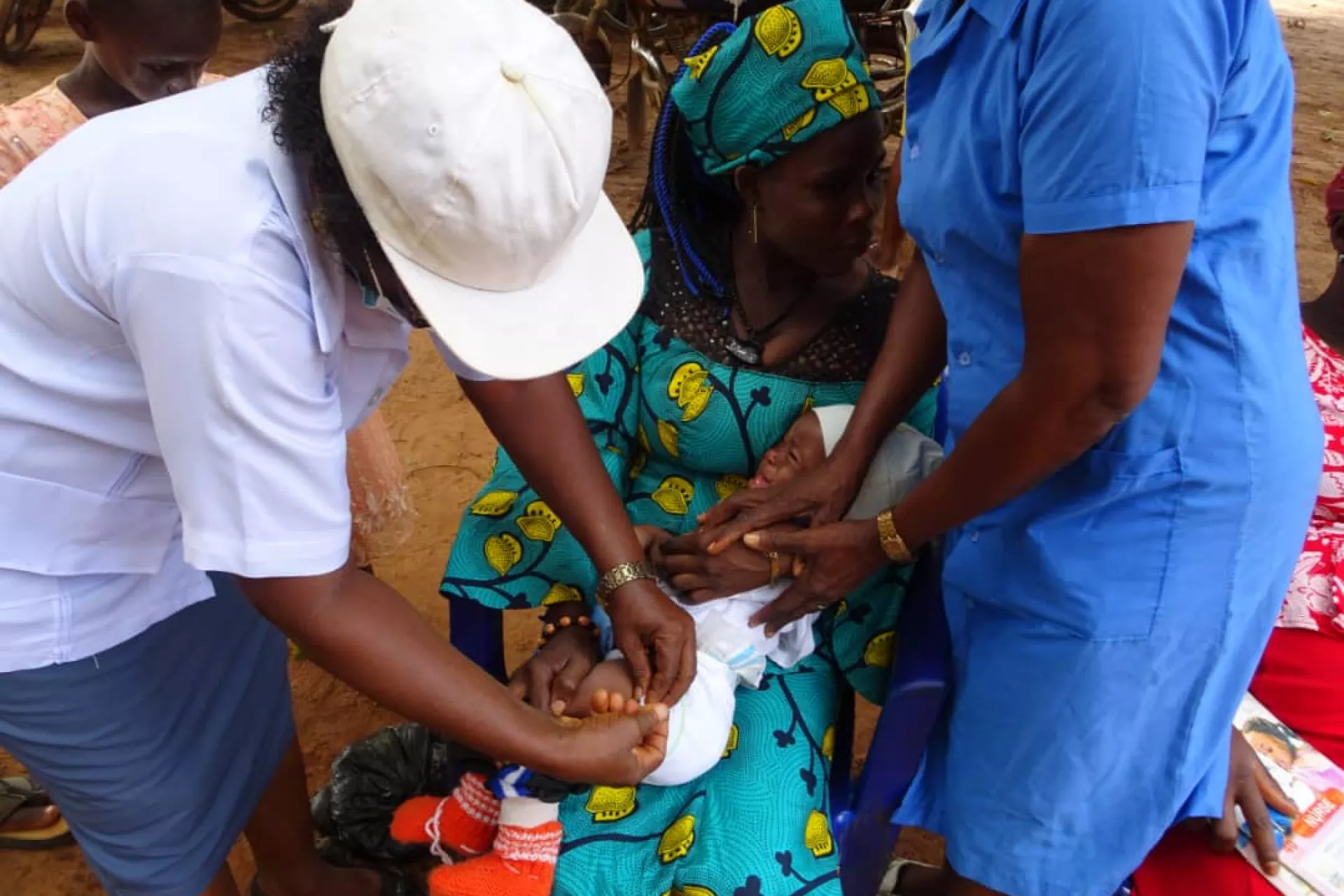The high rate of vaccine hesitancy in the Southeast region of Nigeria has been attributed to an array of factors, including misinformation, religious and cultural bias, poor stakeholders’ engagement, as well as mistrust in government.
This was the view of citizens living in the region, whom the TNC correspondent in Anambra spoke with over the worrisome development.
Late last year, the Anambra State Government introduced the Human Papillomavirus, HPV Vaccine, aimed at dealing with the issue of cervical cancer in women, but the implementation of the vaccination had hit the rock and achieved very minimal success.
A pro-biafra group and some other quarters had circulated press statements alleging that the vaccines were deployed to accomplish the depopulation of the Southeast region, a hoax that was bought by many.
Reacting to the issue, Prince Chris Azor, Chairman of the Anambra State Civil Society Network, ASCONet, said vaccine hesitancy in Southeast Nigeria remains a complex and multifaceted issue deeply rooted in a mix of historical, socio-cultural, and institutional challenges.
He cited what he called a trust deficit, occasioned by decades of neglect and unfulfilled promises. He perceived bad governance, poor community engagement, and religious and traditional beliefs resulting in misinformation linking vaccines to infertility, spiritual harm, or foreign agendas.
“Fake news, especially on WhatsApp and Facebook, is often more trusted than verified medical sources due to a lack of trusted local messengers.
“There is also the issue of low literacy and health education, exclusion of vulnerable populations, and weak institutional capacity,” he said.
Azor advocated for activating community-led advocacy and engaging CSOs, religious and traditional leaders, and development partners to co-lead awareness efforts and rebuild grassroots trust, as well as the empowerment of youth and women’s networks, strengthening government accountability as a way forward.
On his part, Mr Chuka Okoye, the Executive Director of an Abia-based rights group, Centre for Human Rights Advocacy and Wholesome Society (CEHRAWS), linked the people’s rejection of vaccines to the deep-seated distrust in government and the system.
He emphasized the need for the government to facilitate a strong partnership with CSOs to rebuild people’s trust in government, suggesting that community-based groups, religious groups, and youth groups should be trained and empowered to promote vaccination.
“The CSOs should also push for open data and transparency in the government’s health initiatives, as well as do more oversight on their implementation.
“It is also noteworthy to say that addressing vaccine hesitancy demands more than health campaigns, but should also include restoring faith in governance and showing consistent commitment to the people’s wellbeing,” Okoye posited.
For her part, a registered nurse working in Awka, Anambra State, Echele Onyedika, says that due to misinformation, many people have made decisions regarding vaccines without validating such information with health officials.
“For instance, during the Human Papillomavirus vaccination in Anambra, there was this rumour that it was sent by the whites to reduce our population.
“I reminded the people I spoke with that there are a lot of things that the whites send to our country, including food and other palliatives. Why are we not rejecting those ones. So, you see that this information are false,” she noted.
Nurse Echele observed that intensified health education and awareness are the most effective ways to tackle misconceptions about vaccines.
“This can happen through the use of media outlets and should be consistent. This awareness should focus on the importance of vaccines and the dangers of not taking it.
“We also know that there are side effects that may occur in vaccine usage. But, the people should always consider that the advantage of taking the vaccines far outweighs the disadvantages and as such utilize any opportunity provided by the government for them to vaccinate themselves or their children,” Echele concluded.



